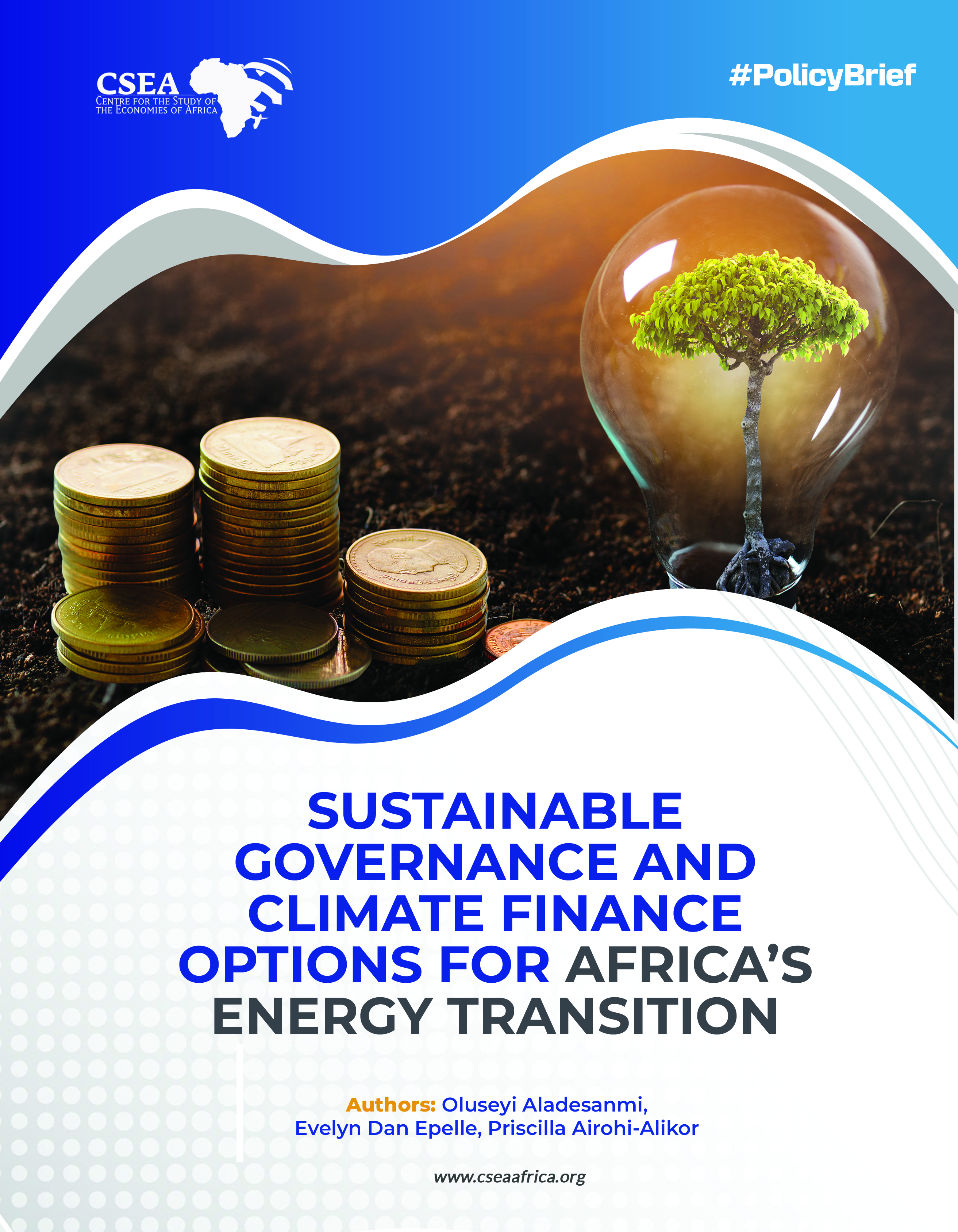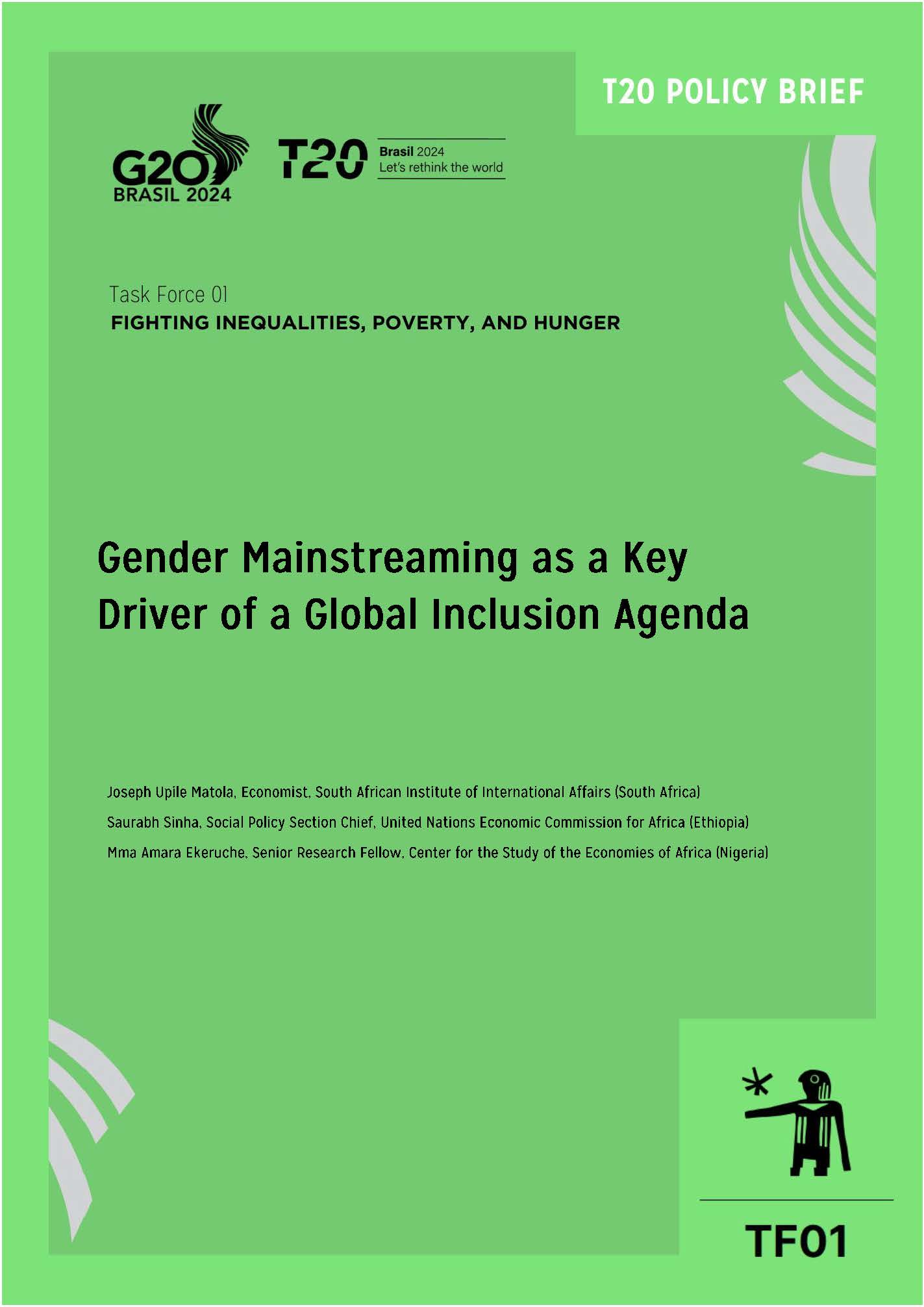If managed properly, natural resource exploration could be beneficial to communities where extractive activities take place, either directly through transfer of resource revenues and corporate interventions or through the promotion of local content. However, communities also bear the disproportionate costs of resource extraction from environmental hazard and other socio-economic effects. Effective resource management, therefore, involves maximizing benefits from resources while minimizing the costs imposed on the host communities. Nigeria currently performs below average in managing local impacts of resource extraction. Particularly, the Nigeria Natural Resource Charter (NNRC) conducted a robust assessment of the performance of Nigeria’s oil and gas sector against the 12 precepts of the Natural Resource Charter[1], detailing the relevant findings in their Benchmarking Exercise Report (BER) 2017[2]. Major issues relating to managing local impacts of extractive activities were captured in precept 5. This brief provides actionable policy recommendations that can enhance the management of local impacts of resource extraction, especially in response to the challenges identified in the BER 2017.
[1] The Natural Resource Charter is a set of principles on how to best harness the opportunities created by extractive resources for development for governments and societies rich in non-renewable natural resources.
[2] http://www.nigerianrc.org/2017-benchmark-report/
Download PDF Download PDF

 English
English
 Arab
Arab
 Deutsch
Deutsch
 Português
Português
 China
China





